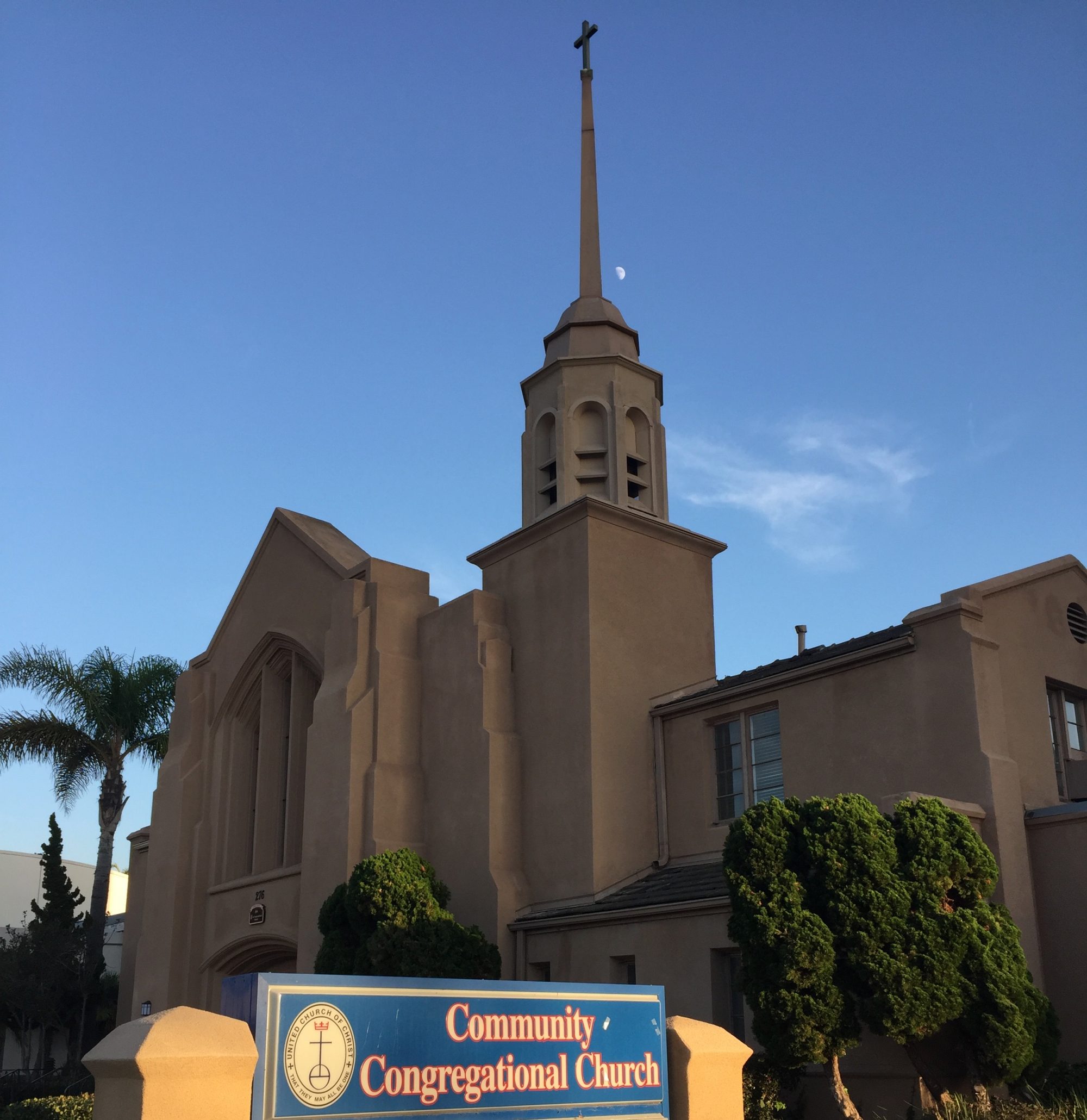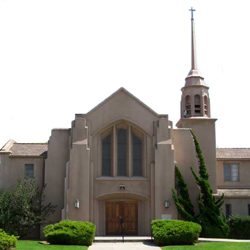Confirmation Sunday
October 20, 2019
Ephesians 1:1-6; 13-14
“Choosing Christ”
Ephesians 1-6 New Revised Standard Version (NRSV)
1 Paul, an apostle of Christ Jesus by the will of God, To the saints who are in Ephesus and are faithful[a] in Christ Jesus: 2 Grace to you and peace from God our Father and the Lord Jesus Christ. 3 Blessed be the God and Father of our Lord Jesus Christ, who has blessed us in Christ with every spiritual blessing in the heavenly places, 4 just as he chose us in Christ[b] before the foundation of the world to be holy and blameless before him in love. 5 He destined us for adoption as his children through Jesus Christ, according to the good pleasure of his will, 6 to the praise of his glorious grace that he freely bestowed on us in the Beloved.
13 In him you also, when you had heard the word of truth, the gospel of your salvation, and had believed in him, were marked with the seal of the promised Holy Spirit; 14 this[d] is the pledge of our inheritance toward redemption as God’s own people, to the praise of his glory.
Friends- today is the last Sunday in our Acts series. Some of you may be happy about that. Its been a good run, sort to speak. Next week we begin a new series on the teachings of Jesus regarding money, spending, and sharing. We do so as we launch our Stewardship month.
But, today, I would like to recap a bit on what we learned from our sermon series on Acts. For those of you who have been here most of the summer and early Fall, what would you say you learned from these scripture verses we looked at together?
Some of the highlights which I learned were the following:
Christian community is important. Sharing generously among the community is most important. (Remember the scirptures that read about how they literally shared “all things in common; food, clothing, sold land to share the proceeds among one another?
Then, we also learned about having authentic relationships, didn’t we? The early church was not perfect. They had power dynamics and arguments among themselves. The leaders attempted to settle matters as best as they could. But there was growing pains for that early church. The good news is that although it was difficult, they survived. We know this because here WE are, after all!
Now, we also learned that some leaders never saw eye to eye and instead wen their own ways. The good news there is that the Gospel was able to go to various parts of the world because of that splitting off that occurred. This reminds me that when people want to serve, they do so, no matter what obstacles comes their way b/c God wants us to spread God’s good news of love and redemption.
Thirdly- we learned about the radical acceptance and love that the early Christians demonstrated. Remember some had a Jewish background, while others did not. Some knew and lived out their Jewish customs and laws to the T, while the other non-Jews weren’t even familiar with those laws. The good news was that they all decided to accept one another and not make distinctions among each other. What was most important through out Acts and the activities of the leaders was that the simple message of Jesus’ life and sacrifice was most central.
This brings us to today. Today, we read from one of Paul’s letter, to the Ephesians. Notice the love that we hear as he addresses this beloved community. Notice too the language about adoption and belonging. Then, notice that Paul highlights that they not only belong to one another but most importantly, they have been “marked with the seal of Christ.” Hear these last verses again. (From verse 13-14) “In him you also, when you had heard the word of truth, the gospel of your salvation, and had believed in him, were marked with the seal of the promised Holy Spirit; 14 this is the pledge of our inheritance toward redemption as God’s own people, to the praise of his glory.”
Thus, Paul is reminding his church in Ephesus that hearing and BELIEVING God’s truth through scripture and the Gospel of Christ will bring salvation. Not only that- they will be marked by a seal of the promise of the Holy Spirit.
What does all that mean? It means that at the center of our life and belief system as Christians is indeed the word of God. That we are indeed saved by Christ and that by accepting these truths we do belong to the Holy spirit and to on another.
Today, we will celebrate two baptisms and the confirmation of these young people. This scripture indeed reminds them and hopefully all of us that we do belong to God when we chose Christ. And as we choose Christ, we then belong to one another through the power of the Holy Spirit. Thus, the words of Paul remind us this morning that belonging to a COMMUNITY of FAITH through by believing in God’s holy Word and believing in Christ’s love for us is indeed what brings us salvation.
Today, these young people will choose to follow Christ. Some will live some of that out here. Others will move on to other churches and other cities.
Yet, it is this community in turn that says, back to them, you are indeed a part of this beloved community. You indeed matter to God and you indeed matter to us.
Last week when I met with these confirmands I said (after saying many things) that at the end of everything what exists in a community of faith is love. Christ loved us first so that we may then love one another.
Let us celebrate God’s love by continuing to be beloved community, a community that chooses Jesus over an over again. Amen.

